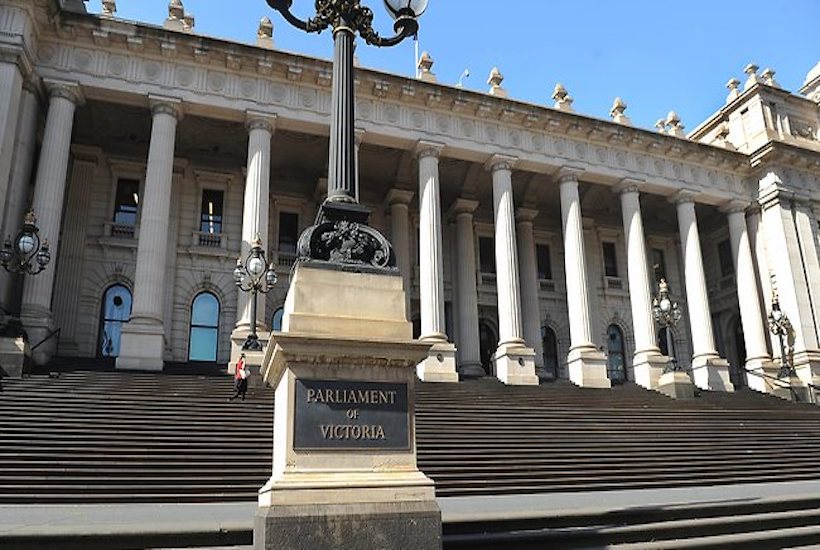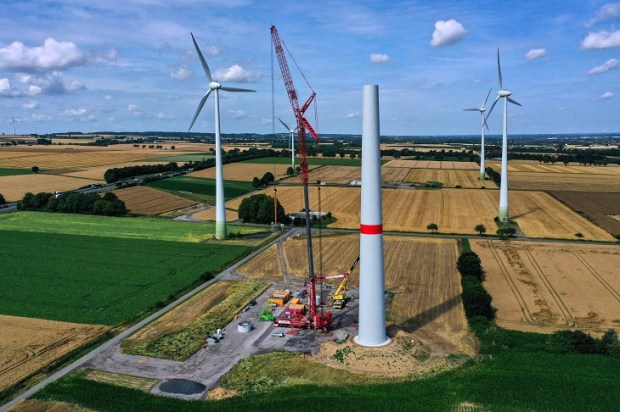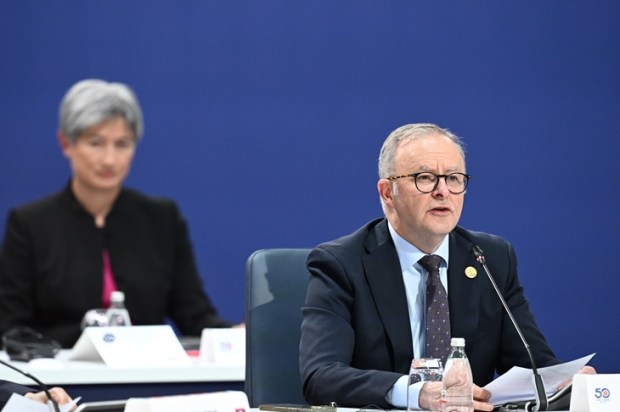I refer to Making Victoria’s euthanasia laws: a process to be shunned, by my friend and colleague, the Hon Robert Clark MP.
Robert is a deeply respected, former Victorian Attorney General and is widely acknowledged for both his intellect and remarkable work ethic.
However, when it comes to the Voluntary Assisted Dying Bill, Robert’s article misses the mark. He erroneously asserts the process that led to the Voluntary Assisted Dying should be shunned, when on the contrary, the process was thorough and extensive.
The main contentions put in his article include a flawed Committee Report, a biased Ministerial Panel, a rushed legislative process and the fact that no other jurisdictions has adopted a legalised assisted dying framework in 2017.
Dealing with these issues in turn: following a referral from the Legislative Council (not government) in May 2015, the multi-party Legal and Social Issues Committee (“the Committee”), tabled in June 2016 an extensive Report making 49 recommendations dealing with sensitive issues such as palliative care, advanced care directives and a legalised assisted dying framework appropriate for Victoria.
The Committee received direct Hansard recorded evidence from 154 witnesses and received over 1000 submissions. Every possible view and perspective was received and considered in 17 days of public hearings and hundreds of hours of Committee deliberations.
The Committee visited jurisdictions where voluntary assisted dying is legal and found meeting with the relevant regulators, legislators, medical practitioners and opponents, to be highly informative.
Given the extensive evidence received, the concern about certain reports not being cited in the Committee’s Report is spurious at best. The views of many of the leading opponents of voluntary assisted dying were considered and are referred to at length in the Report, including the Catholic Archdiocese of Melbourne, the Australian Christian Lobby, Doctors Opposed to Euthanasia and Dr Theo Boer of the Theological University, Kampen, Holland, to name just a few.
The majority Report of the Committee recommending a legalised assisted dying framework for Victoria enjoyed the support of six of eight committee members, which is similar to the support for assisted dying in the community and included two Liberals, two Labor and two members of the crossbench.
The Committee’s recommendations were then referred to a Ministerial Advisory Panel (“the Panel”), chaired by a former Australian Medical Association President and included other senior healthcare practitioners. The Panel in turn also received public submissions, issued a discussion paper before a final report was published in July 2017.
Following the release of the Panel Report, legislation was introduced in September which followed further consultation by MPs with a range of experts and key stakeholders.
Parliamentary debate spanned several sitting weeks, including the adoption of a number of amendments, before the bill passed with comfortable majorities in both houses in November.
The process that saw the Voluntary Assisted Dying Bill pass the Victorian Parliament spanned nearly two and a half years and had enormous community input.
Finally, the fact that no other jurisdiction has adopted a legalised assisted dying framework in 2017 is immaterial to Victoria, but it is worth noting that assisted dying laws have now been in place in Oregon for 20 years, where they enjoy widespread community support and account for only 0.4 per cent of deaths. Similar laws have subsequently been adopted in U.S. States including Vermont, Washington and California.
Major change like this is confronting and on such difficult issues MPs and the community come from many different, deeply held perspectives. The process that saw voluntary assisted dying legislation introduced in Victoria, while not perfect (for example the unnecessary all night sittings), there’s no doubt it was extensive and engaged the community in a thorough way.
Edward O’Donohue MLC is the Liberal Member for Eastern Victoria Region, Shadow Minister for Police, Corrections and Community Safety and was the Chair of the Legal and Social Issues Committee.
Got something to add? Join the discussion and comment below.
Got something to add? Join the discussion and comment below.
Get 10 issues for just $10
Subscribe to The Spectator Australia today for the next 10 magazine issues, plus full online access, for just $10.


























Comments
Don't miss out
Join the conversation with other Spectator Australia readers. Subscribe to leave a comment.
SUBSCRIBEAlready a subscriber? Log in